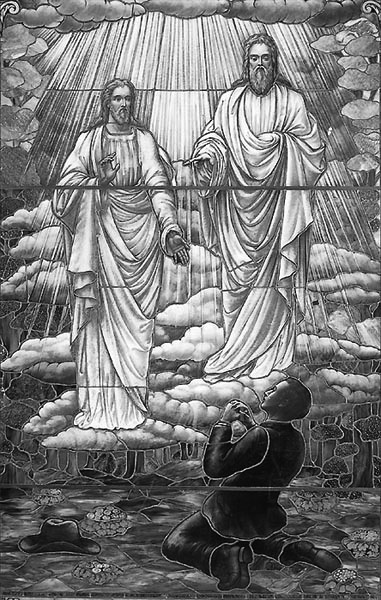
For the past several summers, the Church of Latter Day Saints has sponsored summer camps for children (known as Especially For Youth or EFY camps) on the Puget Sound campus, leasing facilities and purchasing services from the university. These camps could not be more closely affiliated with the Church, abiding by Brigham Young University’s code of conduct and immodestly projecting Mormon values. This is poor reflection on the University, in that it is complicit in the perpetuation of a morally bankrupt and intolerant institution that actively works against many of the values the university allegedly stands for.
I consider the Church of Latter Day Saints a nefarious institution. The Church has a long, storied history of bigotry and ethical failings, highlights of which include its refusal to allow black parishioners to become full members of the church until 1978, its continued relegation of women to subservient roles, its ostracism of apostates and its condemnation of homosexuality.
These are not the harmless tenets of a powerless cult. They have real, devastating effects for people the world over, from same-sex couples unable to enjoy fundamental rights in California to the universal expectation that a housewife “abide by the righteous counsel of her husband,” in the words of a former church leader. (Note, however, that none of this is mutually exclusive with the fact that Mormon people are often among the friendliest, most gracious people one could ever meet.)
The question of whether it is appropriate for the university to refuse to lease its facilities to some institutions is straightforward. Very few would take issue with the refusal to serve the Klu Klux Klan; Black Panthers on campus would almost certainly draw ire. The question then becomes “Where should we draw the line? At what point does an institution’s behavior warrant a refusal to serve them?”
While a perfect distinction may be difficult to draw, a standard based on whether an institution willingly and knowingly perpetuates injustice by reasonable standards of morality should be workable (I will leave meta-ethical questions about the objectivity of morality for another day). It then appears clear that the Church of Latter Day Saints fails that test. If this is so, then the university is complicit in injustice, if not abetting it.
This argument is sure to encounter the criticism that it espouses the virtues of non-discrimination and tolerance while advocating for a policy that rejects those very virtues. There is no such contradiction.
In the university community one may, without any inconsistency, be tolerant of everything but intolerance. In fact, something to this effect seems to be the university’s espoused position, or so the student handbook and the administration’s intermittent condemnations of hate speech should lead us to believe. While there may be a demand to respect the right of the intolerant to express themselves in a public forum, it does not follow that you must lend your resources to help their cause. The crucial point is that there simply is not an imperative to condone, or be complicit in, wrongdoing, which is exactly the position the University finds itself in.
There are a variety of other objections that might be raised, ranging from the possibility that the University will reform the Church to the fact that the Church pays handsomely for the services rendered. While worthy of discussion, I take it that these criticisms can be rather quickly overcome. In any event, the university must seriously review its business relationships, lest it continue to associate itself with institutions that do so much harm.
